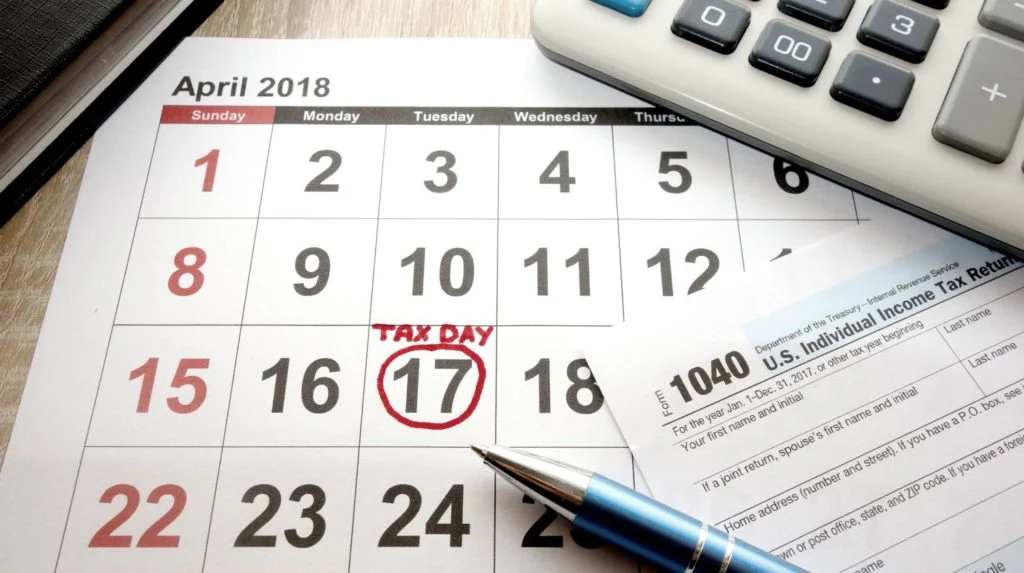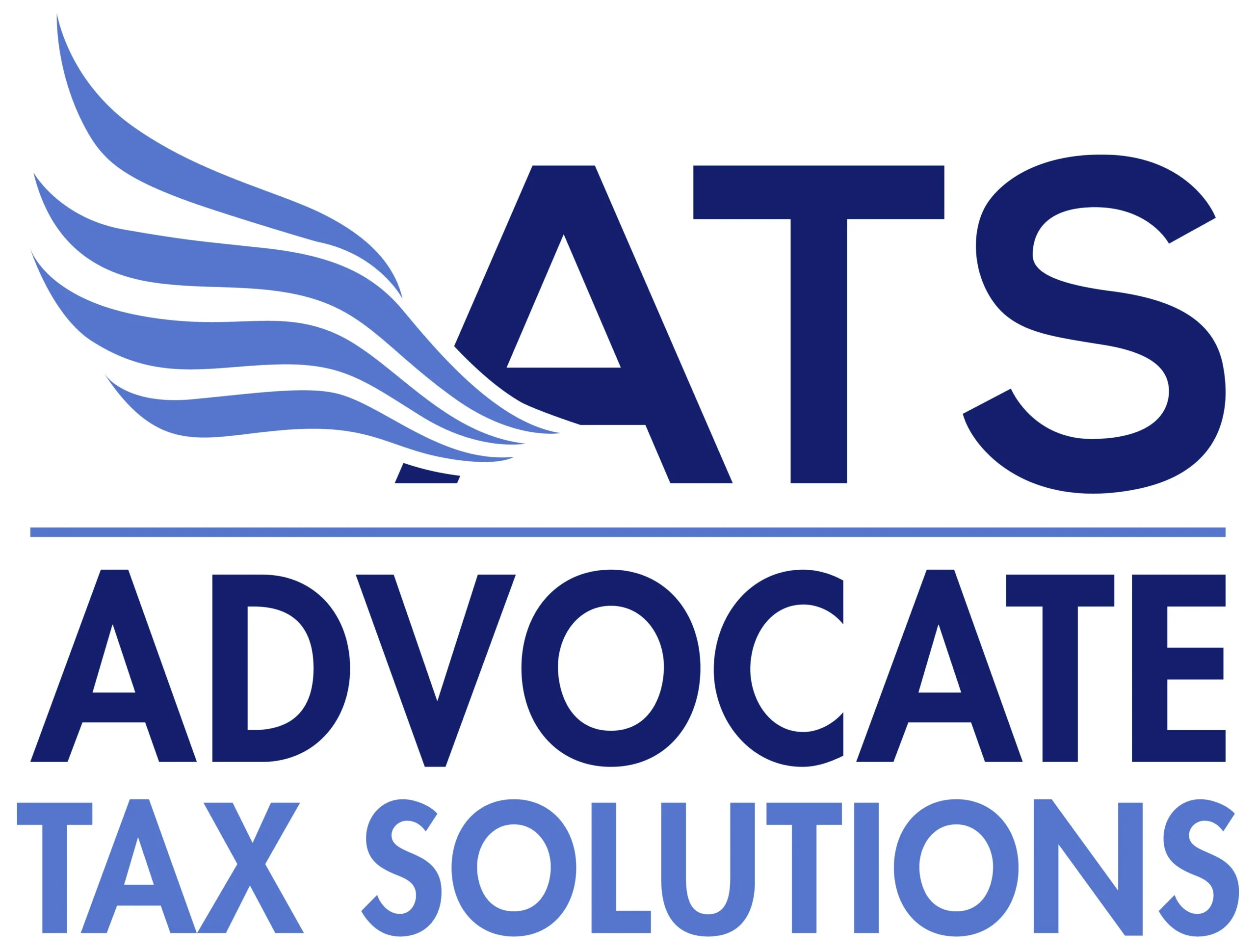Guaranteed Installment Agreement: Available if you owe less than $10,000 and can pay it off within three years. There is no need requirement to disclose financial information to the IRS.
Streamlined Installment Agreement: Similar to Guaranteed Agreement but with higher debt limits. Available for individuals owing up to $50,000 or business entities owing up to $25,000. Payment terms can be up to 72 months. No need to disclose financial information.
Non-Streamlined Installment Agreement: Offers more flexibility, allowing balances up to $250,000 with payment terms within the collection statute (up to 120 months). There is no need to disclose financial information, but the IRS may file a lien on your property.
Financially Verified Installment Agreement: Financials are required if you can’t meet the minimum monthly payment or owe more than $250,000. It involves disclosing financial information and negotiating with the IRS.
Next Steps:
- Ensure all delinquent tax returns for the past six years get filed before the IRS considers any Installment Agreement.
- Upon establishing installment agreements, you must file all future tax returns and pay taxes on time to avoid defaulting.
- The IRS will continue charging penalties and interest until the tax debt is paid in full. Voluntary payments can reduce these charges.
- Tax refunds get applied to the debt. Serious collection actions like bank levies and property seizures are avoidable under an Installment Agreement.
- Penalty abatements may be requested by filing IRS Form 843. When the IRS files a federal tax lien, taxpayers may request to pay the amount due within six years. After the first three monthly installments, taxpayers may file IRS Form 433D to request that the lien be released.

